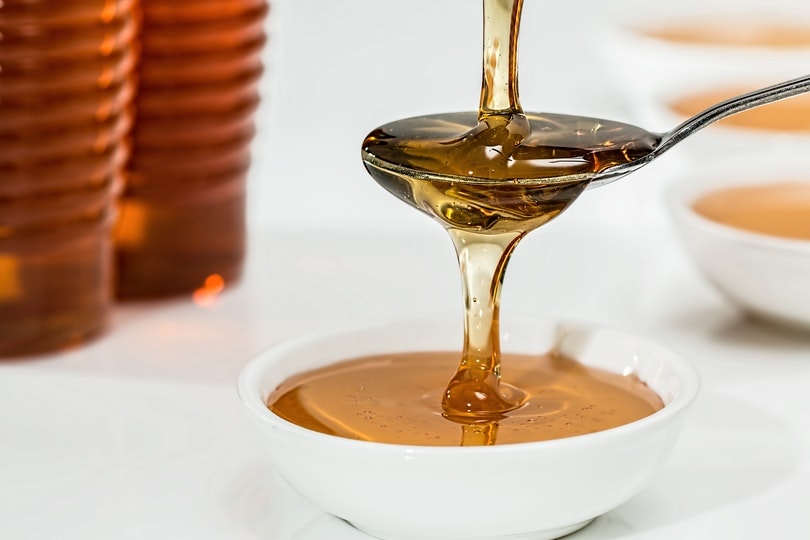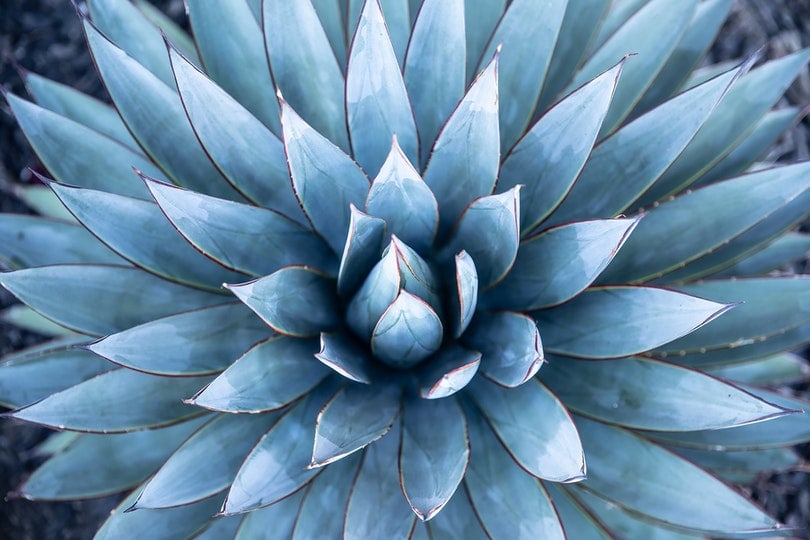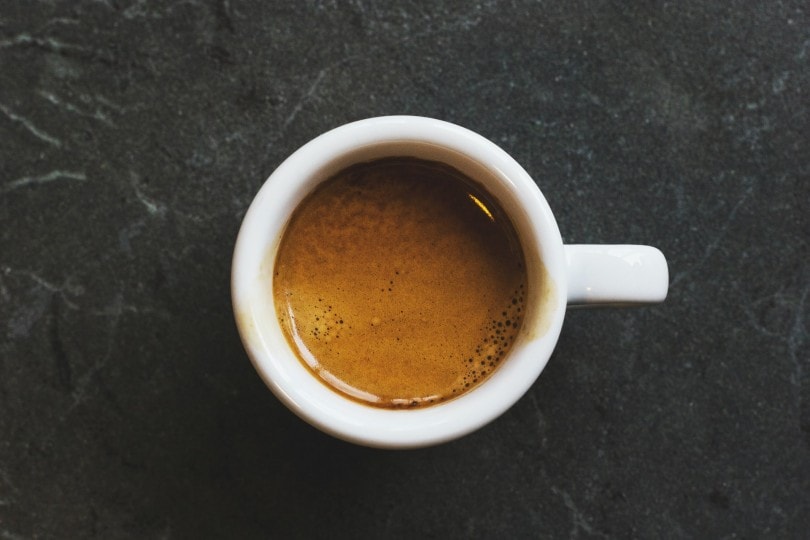
We’ve been around the coffee block a few times, so it takes a lot to get us to raise an eyebrow. We have tried butter in coffee, spiced coffee, every coffee cocktail you can name, and we thought we’d seen it all. Agave in coffee proved us wrong.
In this article, we are going to teach you everything you need to know about this unusual kind of coffee sweetener. We’ll cover where to buy it, how to make it if you want to give it a try yourself, and what kind of coffee works best. Grab your regular, boring coffee, and let us tell you about sweetening your coffee with agave.

What Is Agave?
Agave is a catch-all term referring to several species of cactus-like plants that primarily grow in the hot, dry climates of the southwestern United States and Mexico. When people talk about using agave as a sweetener, they mean using agave syrup or, equivalently, agave nectar.
Agave syrup is derived from the agave americana and agave tequilana plants by extracting juice from the core of the plant’s leaves. The juice is subsequently filtered and heated to break it down into simple sugars.
Agave tequilana—often called blue agave—is a popular choice for making agave syrup and is the most common sweetener used for culinary purposes. Blue agave syrup is approximately 1.5 times sweeter than normal sugar, making it an efficient way to sweeten food and drink.

Another benefit to using agave syrup as a sweetener is the taste. Much of the agave juice’s flavor is preserved in the syrup, giving it a strong flavor. Some people don’t enjoy the taste of agave and find it overpowering, although its recent surge in popularity as a sweetener suggests plenty of people find its flavor appealing.
If agave and blue agave are ringing some bells, it might be because agave is a key ingredient in tequila and mezcal. If you’ve never tried agave syrup as a sweetener but have had tequila, the tastes are similar.
Using Agave Syrup to Sweeten Coffee
Since agave syrup is significantly sweeter than regular sugar, you only need a small amount to reach the same level of sweetness, so go easy.
A good guideline to follow is to cut the amount of sugar you normally use in half and use that much agave syrup. For example, if you usually put one teaspoon of sugar in your morning coffee, only use a half teaspoon of agave syrup. Since agave syrup is sweeter than sugar, your drink will be sweeter despite using less agave syrup than sugar.
We recommend trying agave syrup in your coffee in place of sugar without changing anything else at first. Agave syrup is quite strong, but many people enjoy the flavor and how it blends with their coffee.

Benefits of Using Agave Syrup
We will start with a practical benefit. Agave syrup is thinner than honey and dissolves readily in liquids, making it easy to stir into your cup without worrying about sediment at the bottom. This aspect is especially helpful in cold drinks where sugar struggles to dissolve.
There is a lot of hype surrounding agave syrup about it being a healthier alternative to sugar and claims of it being a superfood. Unfortunately, since agave syrup is sweeter than sugar, it is not healthier on a gram-by-gram basis and requires you to use a smaller amount to maintain the same number of calories.
Unfortunately, little clinical research supports any of the purported health benefits of using agave nectar as a sweetener. In fact, due to its high fructose content, agave nectar is a worse choice than ordinary sugar to use as a sweetener. Fructose is difficult for your body to metabolize and can lead to liver damage, heart disease, and type 2 diabetes.
Conclusion
Agave syrup is an interesting way to sweeten coffee, but its high fructose concentration makes it an unhealthy choice to use regularly. With that said, occasionally using agave syrup instead of sugar is perfectly safe and is a good way to use agave syrup if you like the flavor.
Agave syrup has a thin consistency and mixes well in both hot and cold coffee, making it an especially great way to add a sweet kick to iced coffee where sugar has trouble dissolving. In moderation, agave syrup can be a good substitute for sugar in your coffee, as long as you like the rather strong taste.
Featured Image Credit By: Pixabay, Pexels














